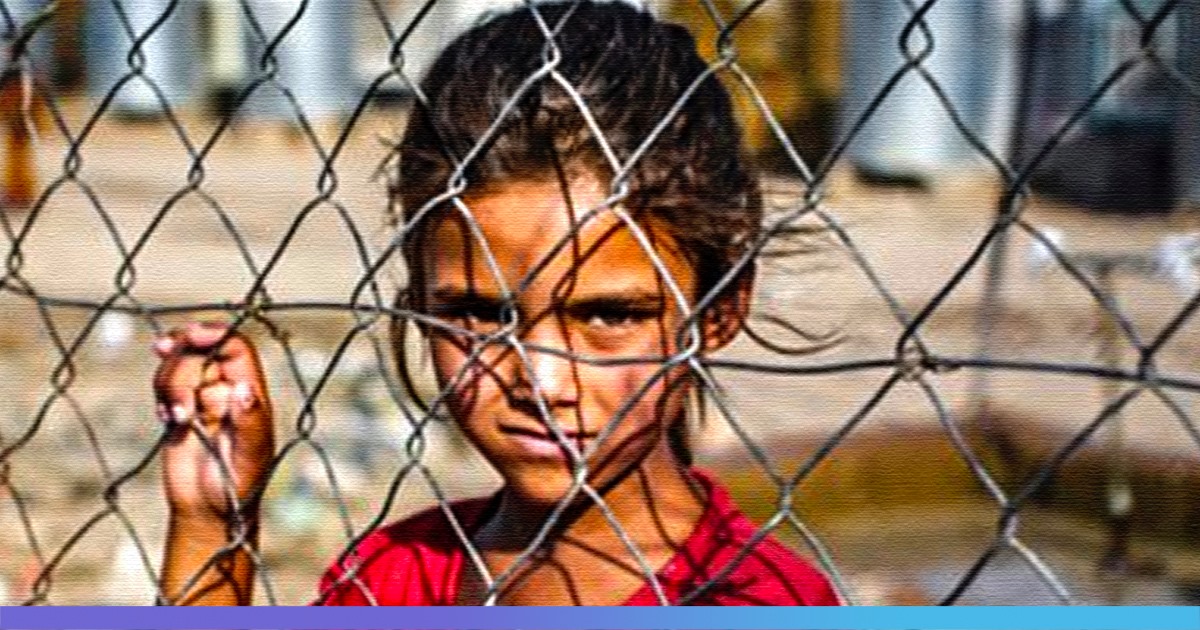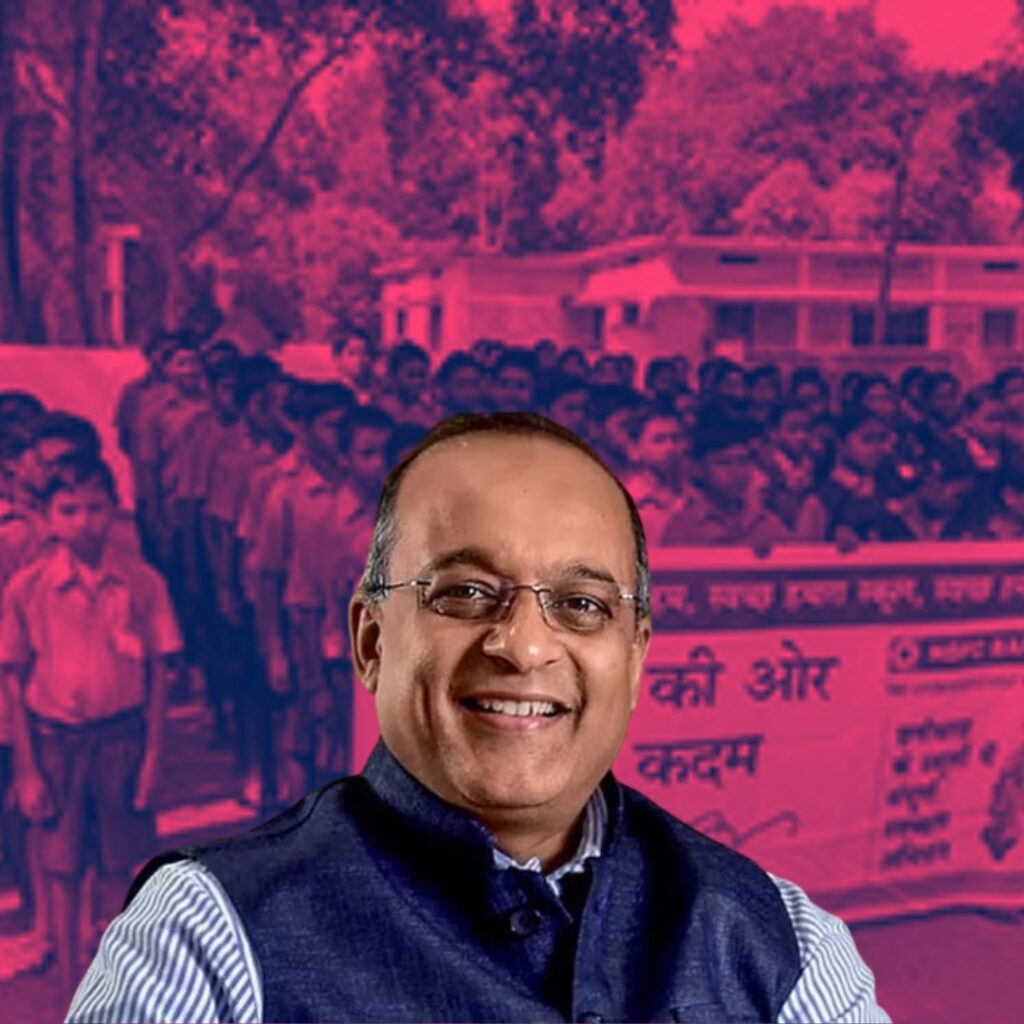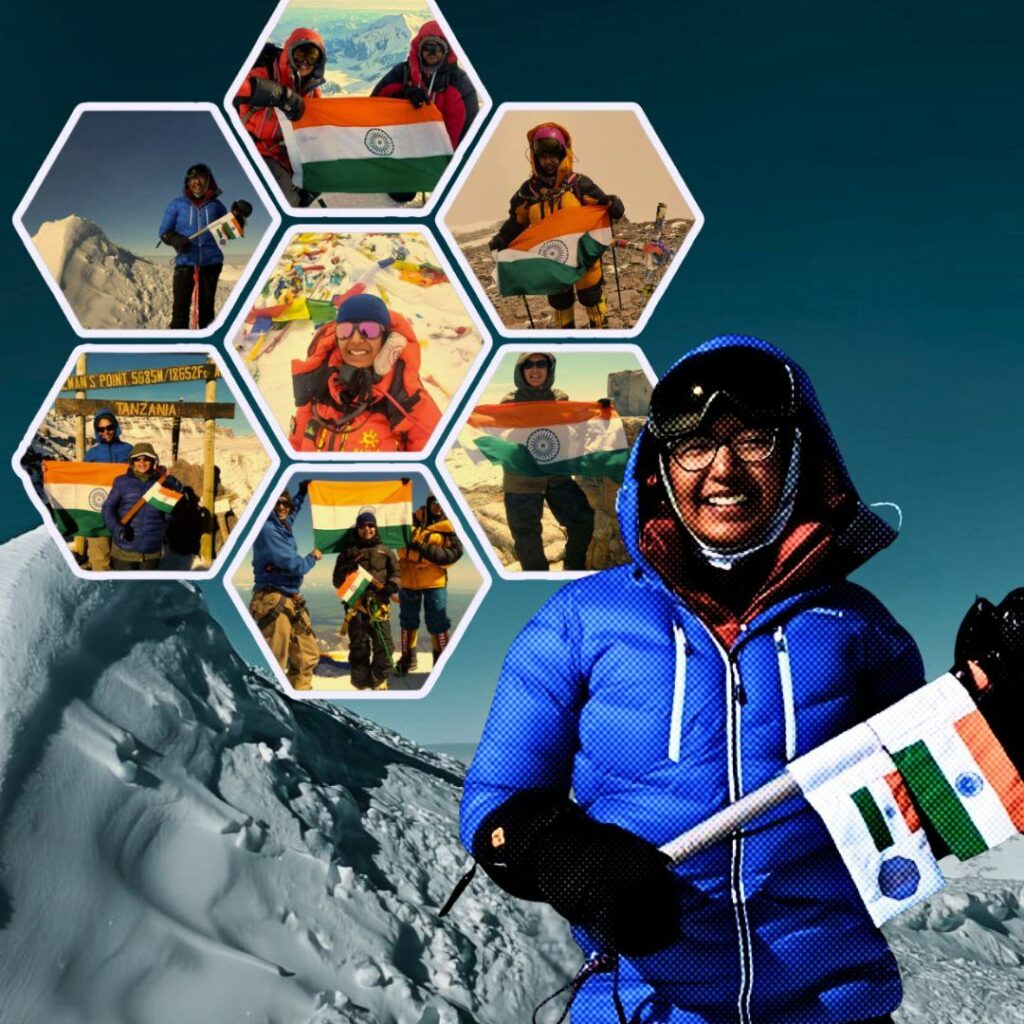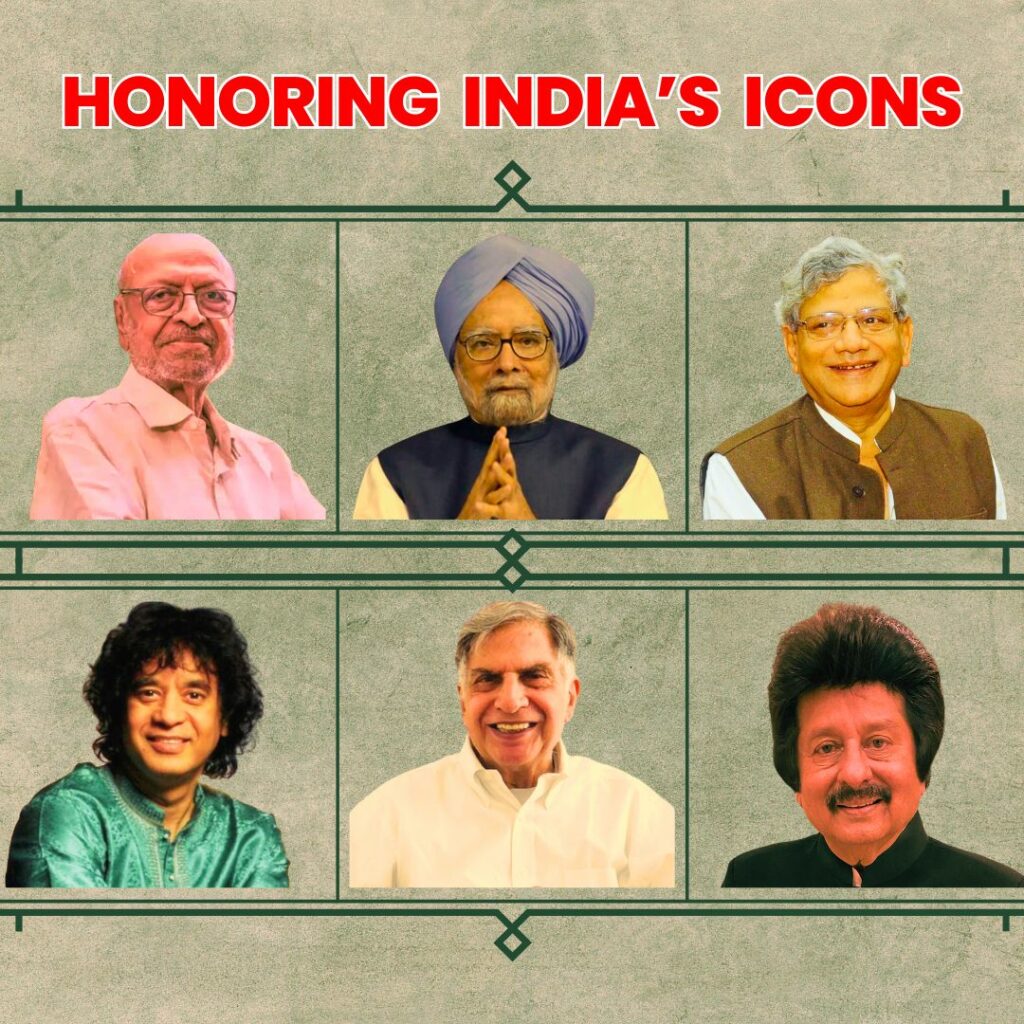We keep reading about sexual abuse of children in the news almost on a daily basis. This is one crime that is completely unfathomable and considering that 1 in 2 children experience some kind of sexual abuse in India, it is an area that needs urgent attention. We cannot treat violence against children as a part of growing up. We cannot expect our children to toughen up in the face of violence without it having repercussions on their capabilities and expression. Violence in childhood is a global phenomenon, but in India, it is a lot more rampant. Yet the issue goes unnoticed and is poorly addressed by the government and the non-profit sector.
In a country where sexuality is a taboo, the vocabulary to communicate around sexuality and sexual abuse does not exist. Parents and teachers often do not have the knowledge or comfort to support children either by being watchful or by talking to them and hand-holding them in the case of abuse. In such a context, the onus is on the education system to provide children with the essential life skills to identify unsafe touches and situations and seek help. But most schools also do not consider it to be a part of their responsibilities.
So, where do we turn then? The good news is that prevention as well as healing is possible. Research indicates that children who have been trained on physical safety are more likely to report unsafe incidences. And having adults who know how to handle abuse also leads to children healing from the abuse sooner and more effectively. There are some very committed people out there who are working relentlessly to protect our children. Arpan, based in Mumbai is one such NGO. Arpan’s 3-day programme on Understanding Child Sexual Abuse (CSA) can help one pick up all the right knowledge and skills to address this issue. The objective is to empower caregivers with the right set of tools and information so they can spot when something is going wrong and deal with it powerfully.
What you can do with the training is educate people in your homes and workplaces, societies and communities. If you are a parent you can make sure your school takes the subject seriously. That’s what I did. Immediately after the training program, I outlined what I will be doing in the next few months to cause awareness on the subject. The very first parent awareness session I conducted in my society opened up the conversation for a lot of parents. These sessions have been an eye opener for many – Many myths get busted during these sessions – that only girls are affected by Sexual Abuse, that it is the economically backward sections that face this etc. Many parents are also able to see that they themselves are dealing with the long-term impact of abuse. This can set them on a journey of healing and transformation. These sessions with parents have been heart-warming to say the least. They now have the context to have meaningful conversations – going beyond the usual gossip, cribs and complaints of daily life. They have started sharing their hopes and fears and struggles of modern life and discovering what they can do stay connected to their children in the deepest ways possible.
You can also start having these conversations with your school leadership and make sure that schools start taking measures for providing safe spaces to our children. What it means for schools is to have a child protection policy (so everybody knows what to do in case an incident occurs), conducting caregiver awareness sessions for parents and staff, safety education for the children and finally individual counselling sessions for students – to check for understanding and to make sure that incidences if any are reported and healing occurs.
Mahesh (name changed) was in grade 6 when he had visited a hospital in Chennai to see a relative. One of the doctors touched the child’s Private Body Parts. Mahesh felt very uncomfortable and assertively said, “Please doctor, don’t touch me!” His voice was loud and clear and his mother heard him. The doctor denied and said, “Don’t blame me, I have not touched you anywhere”. The mother, however, believed Mahesh and called the police. The police as part of their investigation reviewed the CCTV camera footage and found that the child was being touched inappropriately. Everyone applauded and appreciated the child for being so confident and alert. This was a result of both the child and parent having been educated about abuse and safety education. When children can identify abuse, assert their voice and seek help in an unsafe situation, the Personal Safety Education programme achieves its objective.
The biggest hurdle with combating this issue is the large-scale silence and stigma attached to it. The recent Child Safety Week, curated by Arpan helped many like me, address this challenge. Child Safety Week is a community-owned initiative towards building a movement for collective action for change. It is a platform for various communities and organizations to come together and pledge their support to child safety. This one week from 14 – 20 November helped me mobilize a lot of support for the cause. I was able to enrol two large organizations in this initiative. The leaders lent their voice to the cause by pledging for child safety; they sent out communication to more than 26,000 employees educating them about the subject. They also set aside dates for holding awareness sessions in the weeks to come.
I continue to conduct one-hour Parent Awareness Sessions on the topic for free. Some of us have also created an online support group on Whatsapp where we have 65 concerned parents and leaders of children’s institutes participating in discussions on POCSO, ways to handle disclosure, how to spot signs and symptoms of CSA, internet safety etc. There are pressing concerns like – how to deal when the abuser is also underaged, how to teach personal safety to children who are differently abled, how to handle online abuse among teenagers etc. These thrice a week online classrooms and discussions on the group and in private have led to an increased appreciation on the subject for all of us.
A lot has changed in the last few years. But we cannot stop until every child and caregiver is empowered with the knowledge and skillsets to deal with CSA. Every voice that supports this cause will serve as a deterrent to the perpetrators. Are you ready to speak up for child safety? What will you do about it?
Also Read: Good To Know: Take A Step Towards Safer India- Stop Child Abuse
With #MySocialResponsibility, we aim to bring you more inspiring stories of individuals and organisations across the globe. If you also know about any changemakers, share their story at [email protected] and we’ll spread the word.











